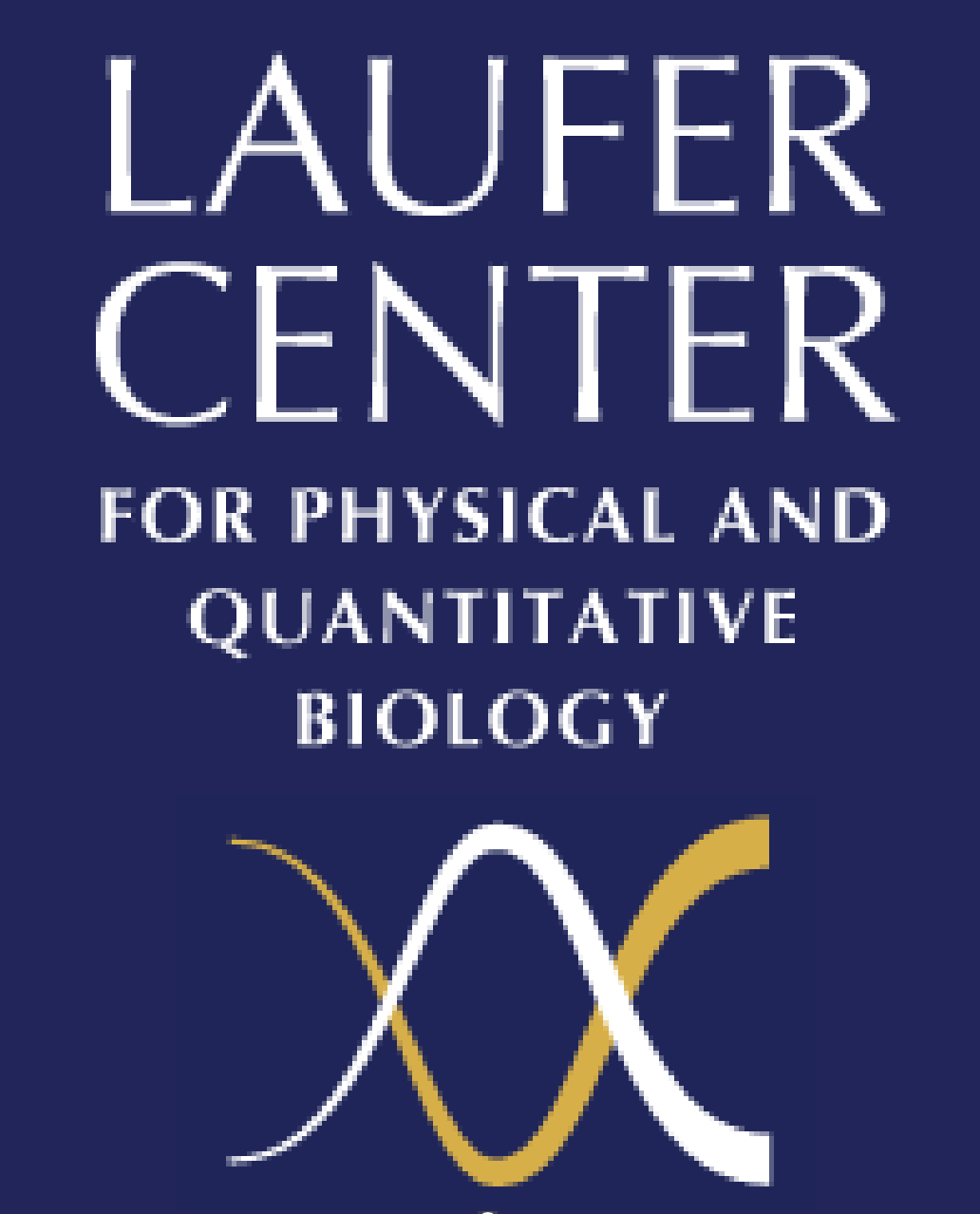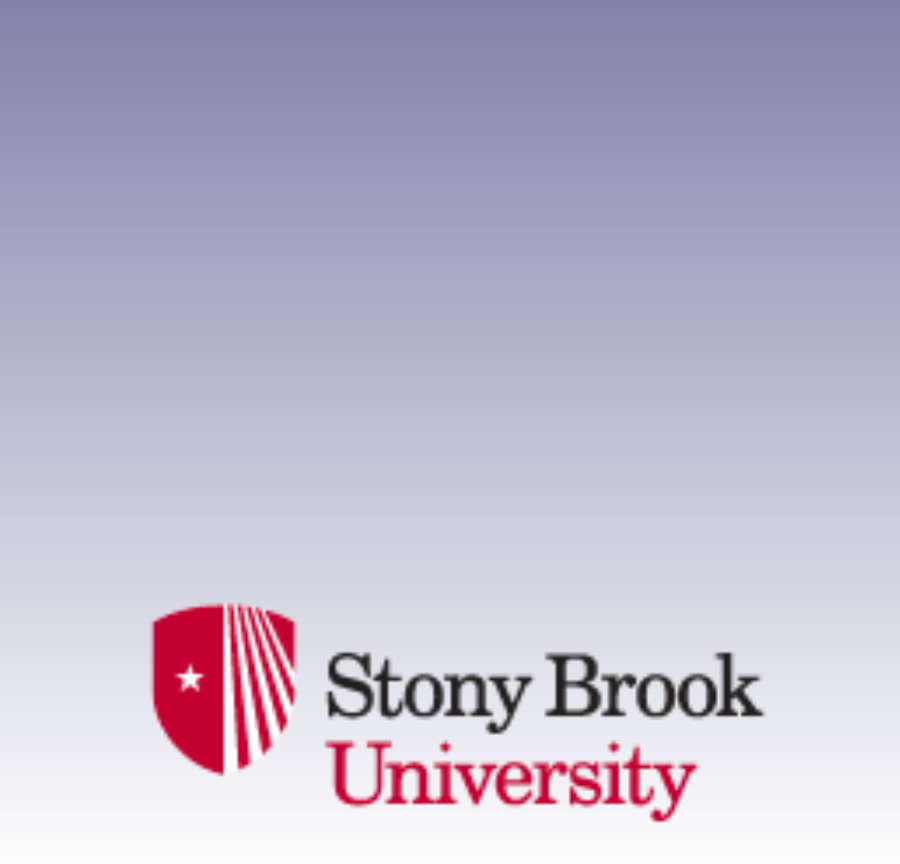Events Calendar
David M. Truong
Assistant Professor
Tandon School of Engineering
Department of Biomedical Engineering
New York University
Programming Off-the-Shelf Human iPSCs using Genome Writing
Abstract: Cell therapies, from sources such as T-cells or iPSC derived somatic cells, have the potential to combat previously untreatable cancers, neurodegeneration, autoimmunity, and even organ failure. Unfortunately these advanced therapies have a prohibitively expensive all-inclusive cost of $1-2 million, partially because they must be sourced from the patient. Human iPSCs could provide a potentially unlimited supply of differentiated therapeutic cells of any type. But at present, they must be derived fresh from each individual patient (autologous iPSCs), because without HLA (human leukocyte antigen) matching, derived cell therapies would undergo immune-rejection. The field has gravitated towards "off-the-shelf" iPSCs, but current approaches bring long-term safety concerns.
As an introduction to this present work, I will begin by discussing our previous work to engineer mouse embryonic stem cells to have a human immune system. However, here in this talk I will focus on our efforts to build off-the-shelf (allogeneic) human iPSCs that are genetically engineered to match the HLA-immune system of any patient. Using an approach called “genome writing” we are building personalized iPSCs, which can be customized to any ethnic group on the planet. We will talk about our technology to re-write the human genome at the 100+ kilobase scale specifically in human iPSCs. We will discuss efforts to build a pre-matched bank of HLA-customized iPSCs that will broadly cover 50% of the world-wide population. Finally, we will discuss ongoing efforts to use these HLA-customized iPSCs to build off-the-shelf Dendritic Cells, as a platform technology for T-cell Receptor (TCR) cell therapies.
Host: Gabor Balazsi


